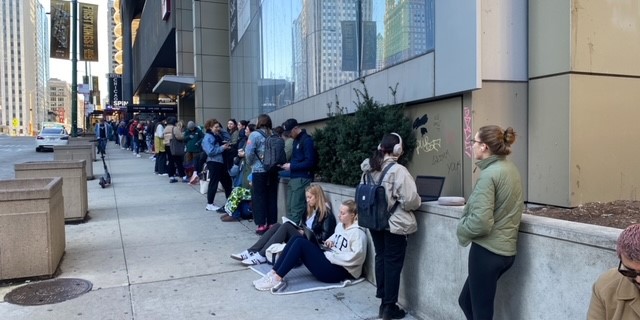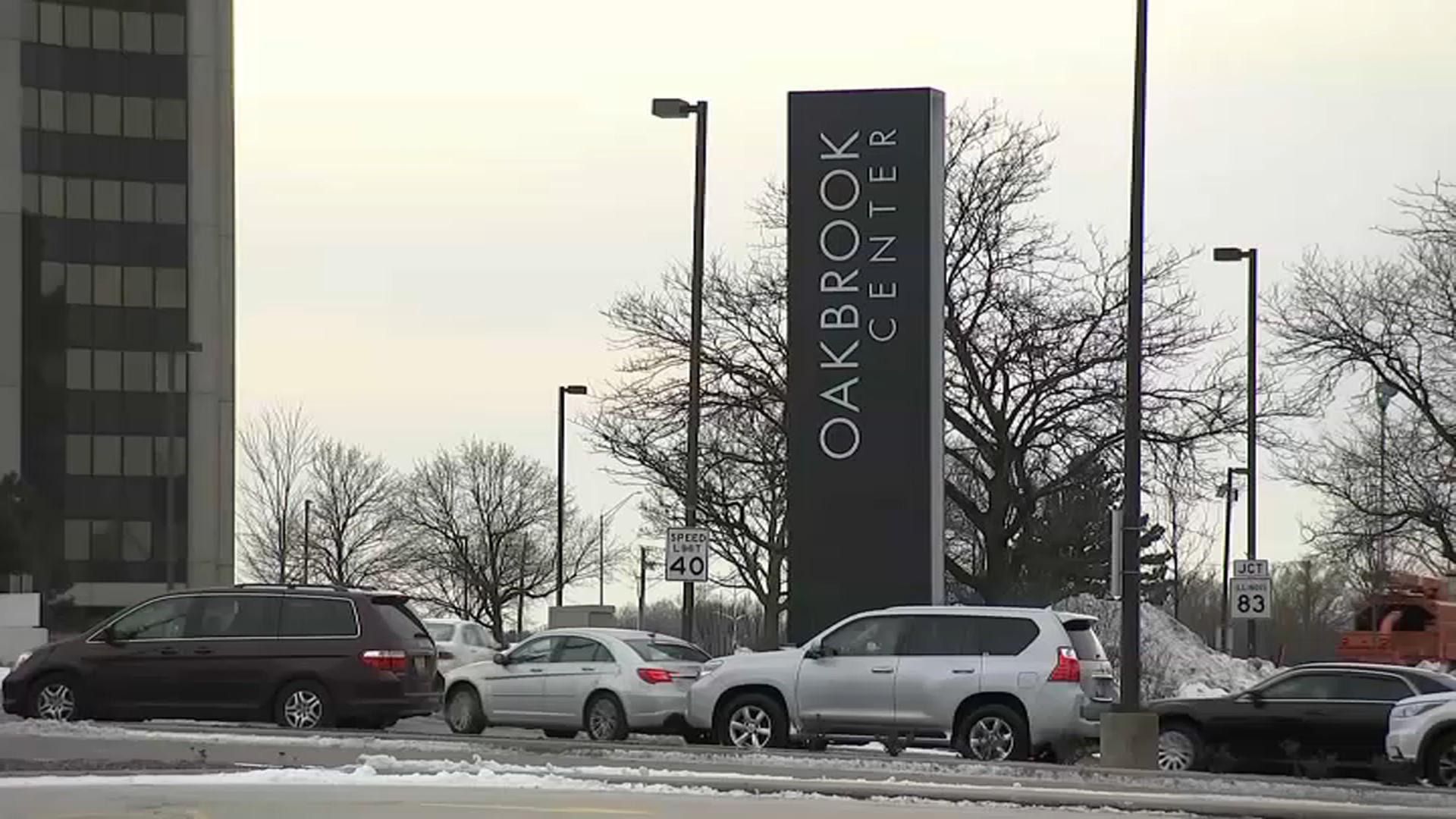A federal appeals court in Chicago could soon decide the fate of "Making a Murderer" subject Brendan Dassey.
Attorneys for both the state of Wisconsin and Dassey argued their positions in court Tuesday in a hearing that lasted roughly one hour.
The state argued that Dassey chose to confess to police, while Judge Ilana Rovner questioned how someone with a "dimished capacity" could rationally make choices in the face of repeated questioning by police who promised "everything would be all right."
"Do you think someone with Brendan's intellect understands that, quote, 'The truth will set you free' is an idiom, particularly when one is sitting in a police interrogation room?" Rovner said.
Attorneys claimed, however, that nothing was promised to Dassey and said he was given warnings that what he said could be used against him.
"Nothing the investigators said actually promised a specific benefit in exchange for cooperation," said Dep. Solicitor General of Wisconsin Luke Berg. "Courts consistently reject false promise theories where there hasn't been a very specific offer."
Dassey's defense attorneys said with an IQ of only 73, the then-teen was unable to distinguish the vague promises by interrogators from what might actually happen to him if he confessed.
Local
"Sixteen-year-old, mentally limited Brendan Dassey confessed in reliance on a false promise of leniency that was unreasonably overlooked by the state courts in violation of section 22-54-D2," said Laura Mirider with the Center for Wrongful Convictions.
Dassey was sentenced to life in prison in 2007 for the murder of photographer Teresa Halbach, who was killed on Halloween 2005. Dassey told authorities he helped his uncle, Steven Avery, rape, kill and mutilate Halbach after she visited the Avery family's salvage yard in Manitowoc County.
Dassey, who turned 27 late last year, was 16 at the time. Court documents described him as a slow learner who had poor grades and has difficulty understanding language and speaking.
Avery was convicted in a separate trial and was also sentenced to life in prison. He's pursuing his own appeal.
Both Dassey and Avery's cases gained national attention after Netflix aired "Making a Murderer" in 2015. The series spawned widespread conjecture about the pair's innocence. Authorities who worked on the cases said the series was biased, but it generated a myriad of calls from the public to free both men.
Halbach's family was present in court Tuesday.
A federal judge last year overturned Dassey's conviction, ruling that investigators tricked him into confessing he helped Avery kill Halbach.
The judge held that investigators made specific promises of leniency to Dassey if he confessed to the crime and that no "fair-minded jurists could disagree." He cited one investigator's comment early in the interview with Dassey that "you don't have to worry about things," plus repeated comments like "it's OK" and that the investigators already knew what happened that night with Halbach.
In November, Judge William E. Duffin ordered that Dassey be freed from prison unless prosecutors appealed or decided to retry him. A few days later, Wisconsin Attorney General Brad Schimel filed an emergency motion in the 7th U.S. Circuit Court of Appeals, "seeking a stay of this release order." Dassey has remained in prison since.
Former special prosecutor Ken Kratz, who tried both Dassey's and Avery's initial cases, said he is "hopeful that the conviction will be upheld and the matter will finally be put to rest."
The three-judge panel said it will take the matter under advisement. A ruling is expected sometime this spring.



